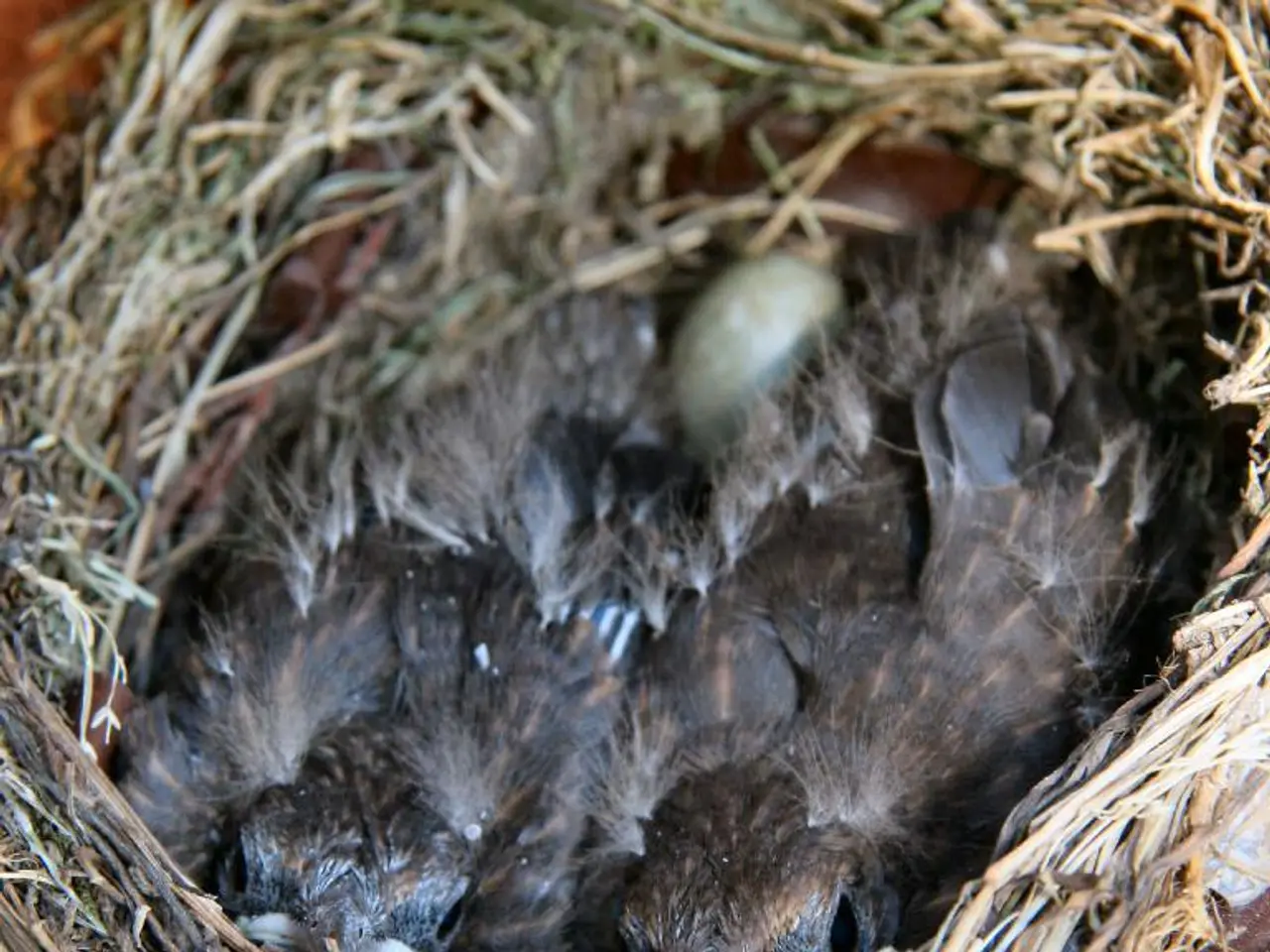Durationof Avian Egg Abandonment: In-Depth Analysis
Bird eggs, delicate and fragile, rely heavily on their parents for survival. Temperature, humidity, and the passage of time all play crucial roles in the development of the embryo within.
In the early stages, the embryo is less sensitive to temperature changes. However, as it develops, it becomes increasingly reliant on consistent warmth. Near the end of the incubation period, even short periods of unattendedness can be fatal.
Extended periods of neglect drastically increase the risk of embryo death. If you stumble upon a bird nest with eggs, the best course of action is generally to leave it undisturbed. Avoid touching the eggs or the nest, and keep pets away from the nest.
The ideal temperature for most bird eggs is around 99.5 degrees Fahrenheit (37.5 degrees Celsius). Any significant deviation from this temperature can negatively impact the developing embryo. Direct sunlight can overheat an egg quickly, while freezing temperatures can kill the embryo within hours. Moderate temperatures offer the best chance of survival if the eggs are left unattended.
Humidity is a critical factor, particularly when eggs are left unattended, with proper humidity levels essential for maintaining the correct moisture balance within the egg. Low humidity can cause the egg to lose water and desiccate, killing the embryo.
Different bird species have different tolerances for temperature fluctuations. Some species are more adaptable to variations in incubation temperature, while others are highly sensitive. For example, winter-nesting birds like bald eagles must incubate continually to prevent freezing.
Ambient temperature is the most critical factor determining how long bird eggs can survive without the warmth and care of the parent bird. In warm climates, eggs can withstand longer periods of unattendedness than in cold climates. In less favorable conditions (cold weather, late stage of development), eggs may only survive for a very short period, perhaps less than an hour. In extremely hot or cold weather, even a few minutes of unattendedness can be detrimental.
Human interference can cause the parent bird to abandon the nest. Approaching the nest too closely or too frequently can make the parent bird feel threatened. If you are concerned that the nest has been abandoned or that the eggs are in danger, contact a local wildlife rehabilitation center or a bird rescue organization. They can provide guidance and may be able to help.
It's important to remember that educating others about the importance of protecting bird nests can contribute significantly to protecting vulnerable avian populations. If you find a nest with eggs, it is always best to leave it undisturbed and observe from a distance. Any period of unattendedness is potentially harmful.
The incubation period for bird eggs varies depending on the species, with smaller birds like songbirds having periods of 10-14 days and larger birds like eagles or albatrosses requiring 30 days or more. Identifying abandonment isn't always straightforward, but key indicators can provide clues such as a consistently absent parent bird, a consistently cold or unusually cool nest, and damaged or disturbed eggs within the nest.
Interfering with a bird nest can be illegal as many bird species are protected by law. By respecting the sanctity of bird nests, we can help ensure the survival of these delicate and fascinating creatures.
In the realm of education-and-self-development, learning about the importance of protecting bird nests can foster a deeper appreciation for nature and wildlife conservation.
Neglecting to maintain appropriate temperature and humidity levels during incubation can lead to health-and-wellness issues for embryonic birds, highlighting the importance of parenting in bird species.




